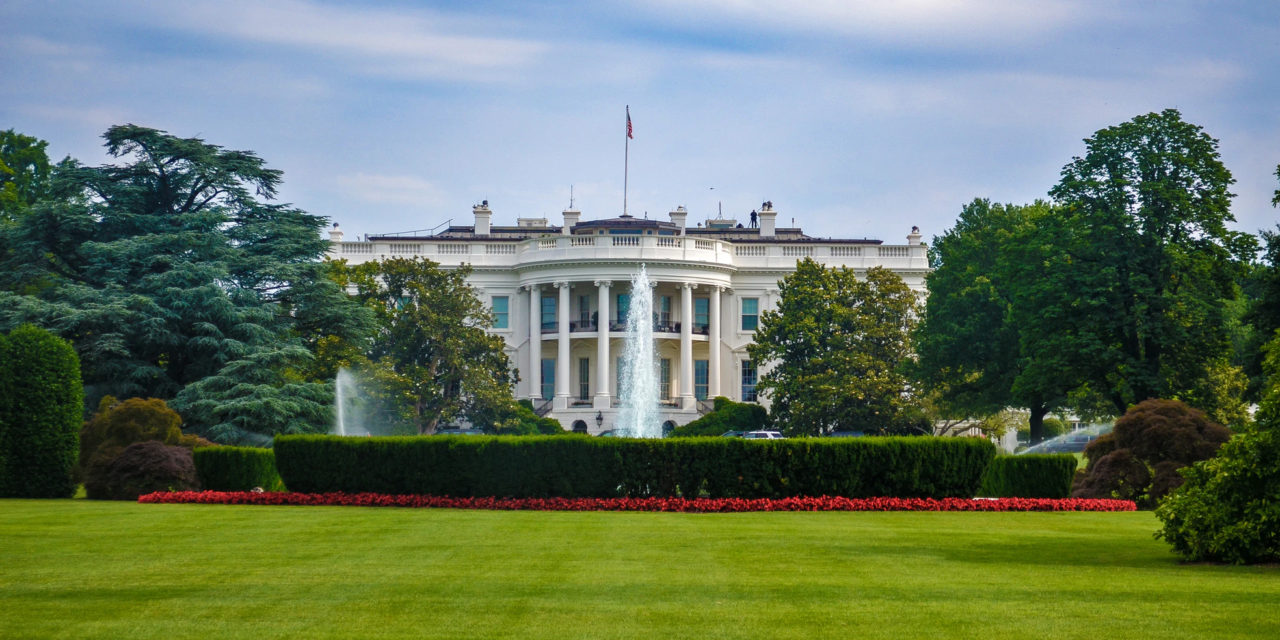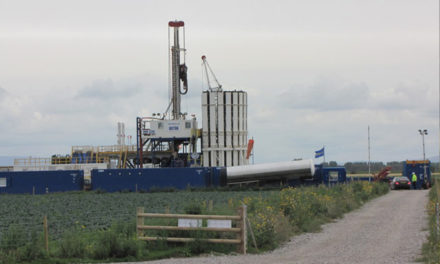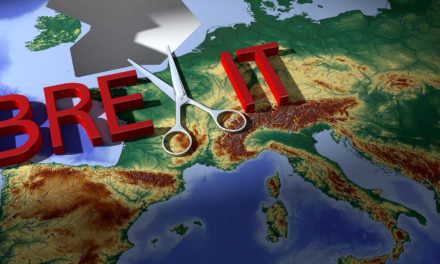Early this morning, the White House and Senate leaders finally agreed upon an economic stimulus bill after days of negotiating. The historic deal concerns a $2 trillion package to provide a ‘jolt’ into the economy as the country battles with accelerating cases of COVID-19.
“At last, we have a deal. After days of intense discussions, the Senate has reached a bipartisan agreement of a historic relief package for this pandemic,” said Republican Senate Majority leader Mitch McConnell, who also described the stimulus as a “wartime level of investment”. The next step is for the deal to pass through Congress which is scheduled to take place later today, sometime around noon.
While full details of the bill have not yet been released, what has been confirmed is that $250 billion has been set aside for direct payments to individuals, $350 billion for small business loans, $250 billion in unemployment insurance benefits and another $500 billion for distressed companies.
The bill also has a clause that blocks President Donald Trump, his family and other top government officials from receiving any loans or investments from Treasury Programs in the stimulus.
If passed, this bill is anticipated to be the most significant legislative action taken in response to the coronavirus crisis.
“This legislation is urgently needed to bolster the economy, provide cash injections and liquidity and stabilize financial markets to get us through a difficult and challenging period in the economy facing us right now,” said Larry Kudlow, President Trump’s chief economic adviser.
The announcement comes as fears of future recession escalate as markets continue to fluctuate. A report from Goldman Sachs stated that the nation’s GDP could drop by 24% in the second quarter of the year while Treasury Secretary Steve Mnuchin predicted unemployment to hit 20%.
While the package will undoubtedly be widely welcomed, stringent measures to tackle the virus have been severely lacking. President Donald Trump has recently been quoted saying that he expects things to return to normal by Easter, a date only two weeks away, despite health experts warning otherwise.
The US currently has over 50,000 confirmed cases of the novel coronavirus with over 700 deaths. The World Health Organisation has said that the country might become the next epicentre of the pandemic after a surge in confirmed cases.
- This Artist is Making the Underwater Arena His Canvas - 28th April 2021
- A Video Game that Promotes Peace and Conflict Resolution - 15th March 2021
- Netflix’s ‘Living Undocumented’ is a Difficult Series to Watch, and Exactly Why We Should - 9th March 2021






